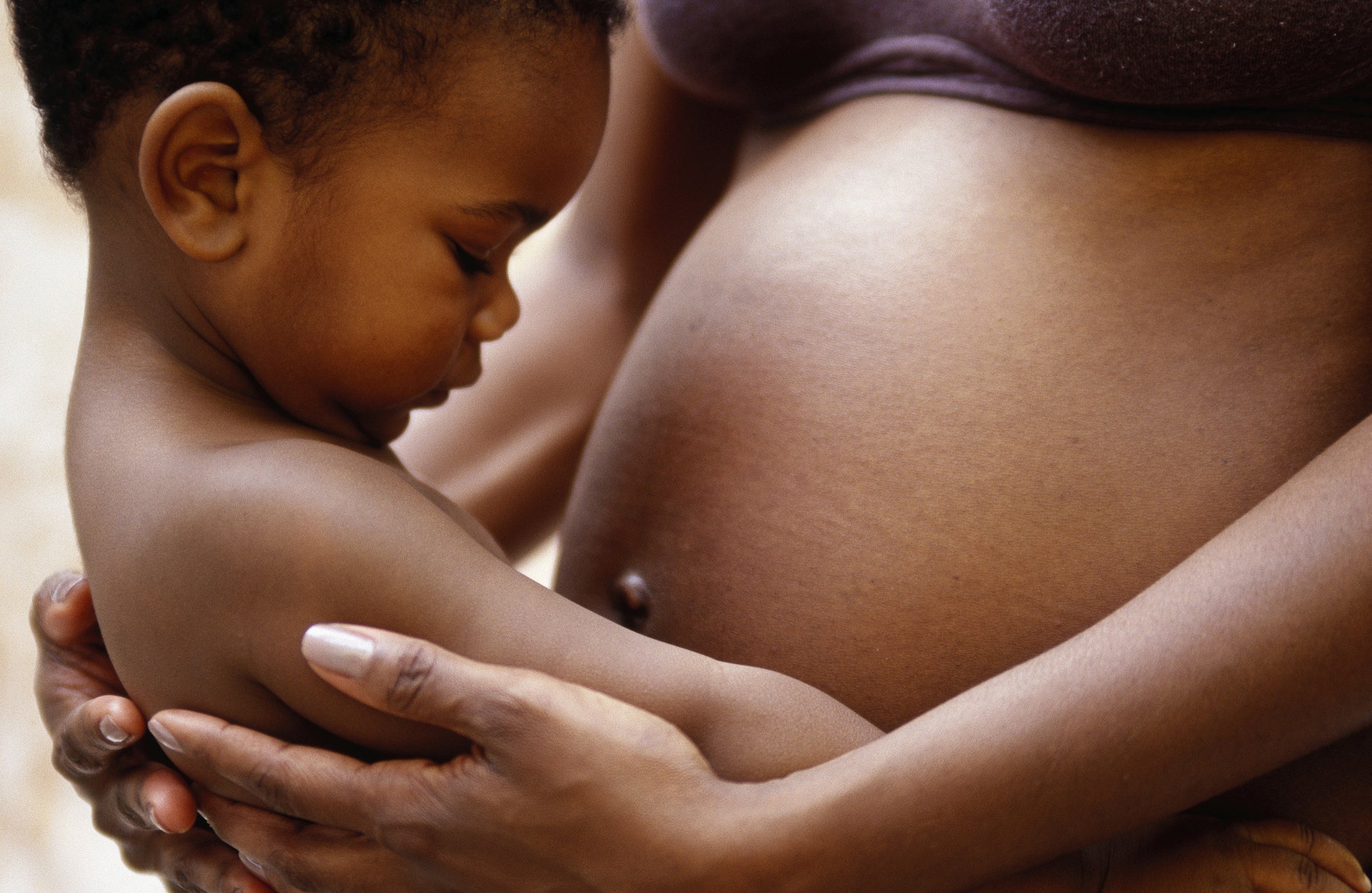More than 700 women lose their lives each year in the United States due to pregnancy-related causes, and the majority of those deaths are preventable. For every woman that dies, 70 nearly die. As a nurse and public policy professional, it is devastating for me to know that Black women face greater challenges when it comes to maternal health. In fact, the statistics are especially grim: Black women are three to four times more likely to die from pregnancy-related causes than White women, and twice as likely to die as women of other races.
For many of us, these statistics are made real by the Black women we know personally. For me, that woman was my friend Shalon.
I met Shalon while in graduate school at Johns Hopkins University. She was awesome in every sense. Shalon was a Lieutenant Commander in the U.S. Public Health Service Commissioned Corps, a Centers for Disease Control and Prevention epidemiologist, and had a dual doctorate in sociology and gerontology. Aside from all of that, she was a talented chef, a skilled photographer and an accomplished author.
My friend was so incredibly excited to become a parent.
In early 2017, Shalon gave birth to a baby girl named Soleil. Just a few weeks later though, she began experiencing frequent headaches and shortness of breath. Shalon would visit her doctor repeatedly in the weeks after her pregnancy—as many as three times in one week—but like thousands of others, each time was sent home and told to return only if symptoms worsened. Shalon would eventually succumb to postpartum complications, leaving behind her own mother and a beautiful baby girl.

Shalon’s story is all too common, and so preventable. Our nation’s resources are far too vast for the Black maternal mortality crisis to continue without intentional, directed action.
That’s why in April 2019, just three months into my first term in Congress, I got to work on this very personal subject. I cofounded the Black Maternal Health Caucus with Rep. Alma Adams from North Carolina. The Black Maternal Health Caucus has elevated this issue as a priority and now includes more than 100 bipartisan members of Congress committed to working toward solutions.
This spring, just one year after starting the Caucus, along with Rep. Adams and Sen. Kamala Harris, I introduced the Black Maternal Health Momnibus (“Momnibus”) Act of 2020, a set of nine bills that comprehensively address the critical issues that impact the health of expectant and postpartum mothers and Black women.
Our legislation will address matters like housing and transportation so that expectant mothers can access health care and keep up healthy behavior throughout their pregnancy and afterward when we know moms and children are still vulnerable. The Momnibus will provide funding to trusted community organizations that can support a mother’s day-to-day needs and serve as medical advocates to help new moms navigate a complicated medical system. The bills will improve data collection policies so that experts can better understand the causes of the maternal health crisis and respond in order to eliminate disparities.
The legislation included in the Momnibus proves the Black maternal health crisis is not unsolvable. The encouraging messages and partnership I’ve received from impacted families, advocacy organizations like the Black Mamas Matter Alliance and medical experts prove that our community is ready to get to work for Black moms.
This Mother’s Day, I am energized by the memory of my friend Shalon. For Shalon and Soleil, and families across the country, I am committed to passing the Momnibus and advocating for a world where your race does not determine your maternal health outcomes. On this Mother’s Day, we should all commit to protecting Black mothers.
Rep. Lauren Underwood represents Illinois’s 14th Congressional District (Suburban Chicago). A nurse and public policy professional, Underwood is the youngest Black woman elected to Congress and is the cofounder of the Black Maternal Health Caucus.
